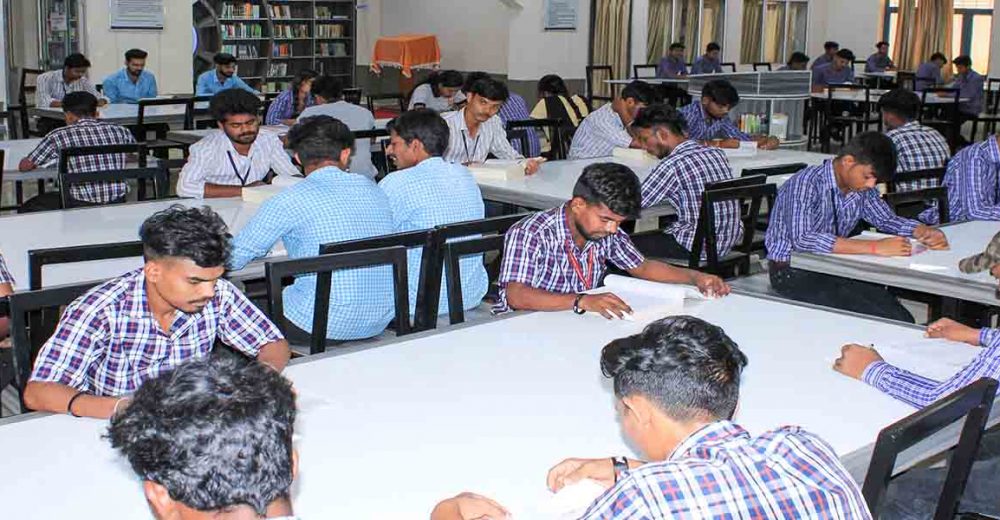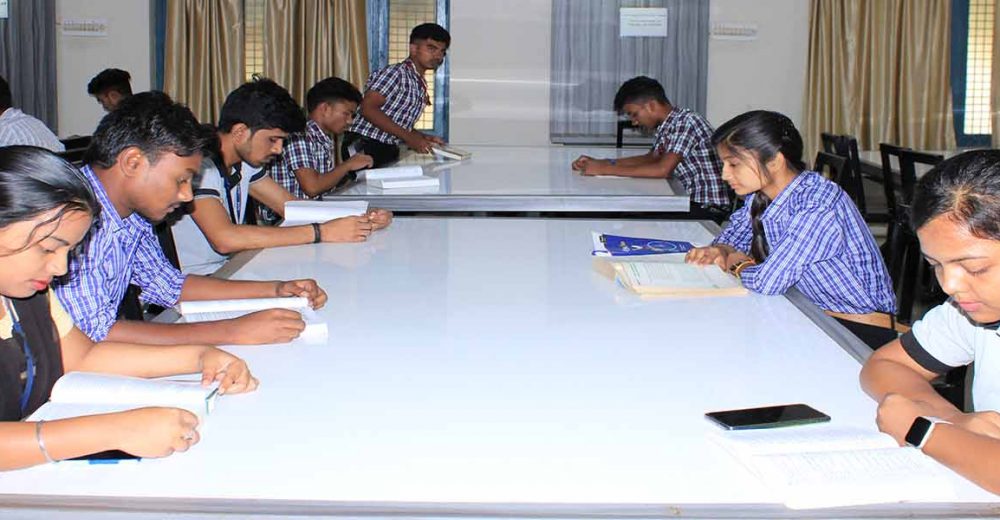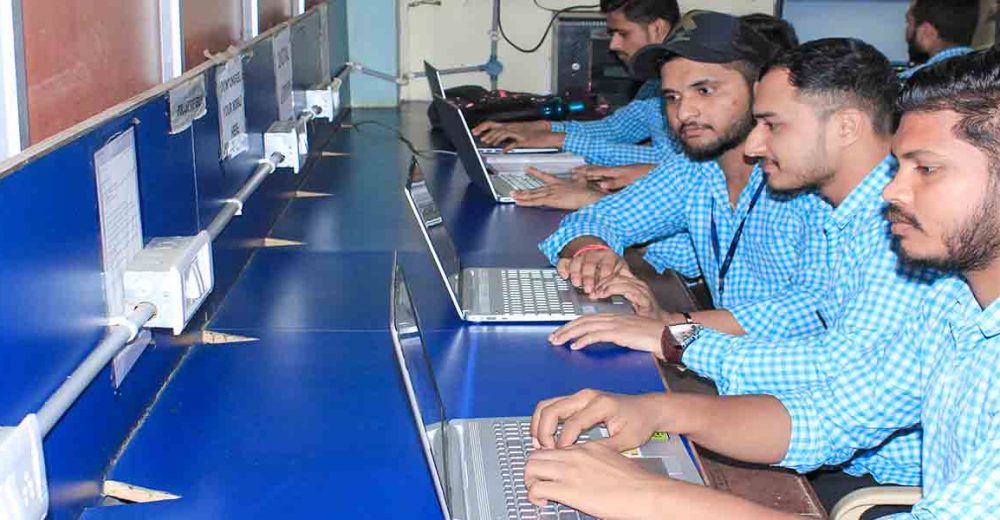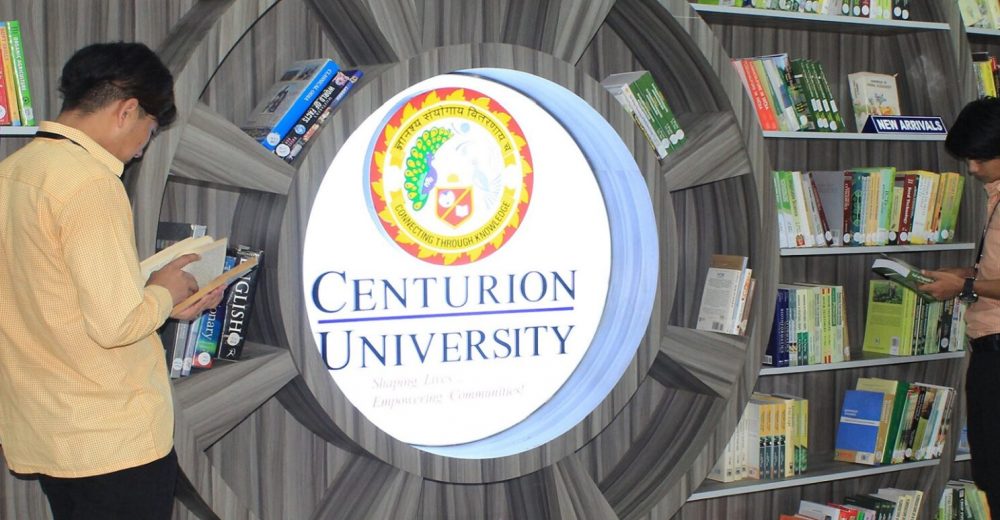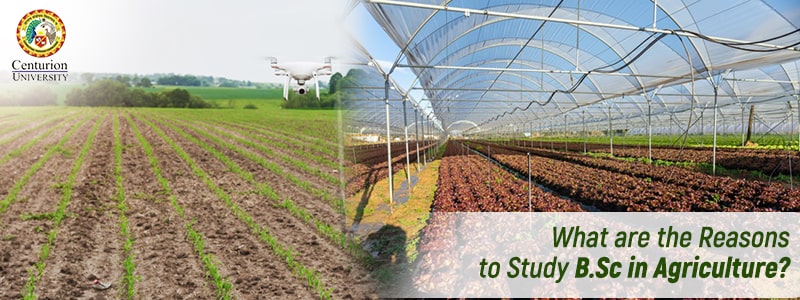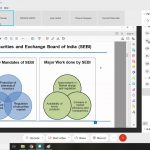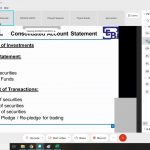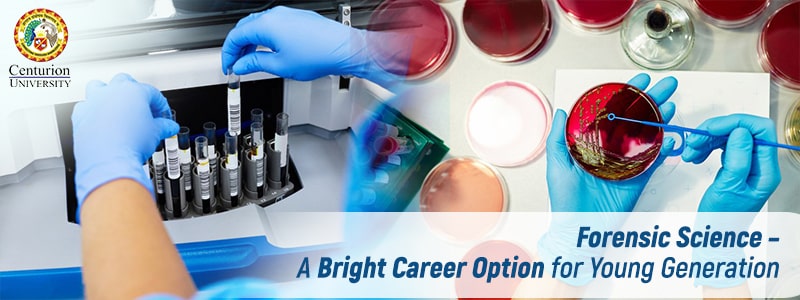Chief Editor
Prof. Smita Mishra Panda, Centurion University of Technology and Management, Odisha
Advisors to Chief Editor
Prof. Susanta Kumar Mishra, Centurion University of Technology and Management, Odisha
Prof. Susant Kr. Biswal, Centurion University of Technology and Management, Odisha
Prof. Ramesh Chandra Mohanty, Centurion University of Technology and Management, Odisha
Prof. Prajna Pani, Centurion University of Technology and Management, Odisha
Associate Editors
Prof. Ansuman Jena ,Centurion University of Technology and Management, Odisha
Prof. Susanta Kumar Patnaik, Centurion University of Technology and Management, Odisha
Prof. Biswanandan Dash, Centurion University of Technology and Management, Odisha
Prof. Debi Satapathy, Centurion University of Technology and Management, Odisha
Layout and Design
Mr. Susil Kumar Sahu
Editorial Advisory Board
Prof. Biswajit Dash, Jamia Milia Islamia University, New Delhi
Prof. Mrinal Chatterjee, Indian Institute of Mass Communication, Dhenkanal
Prof. Binod C. Agrawal, TALEEM Research Foundation, Ahmedabad, Gujarat
Prof. Supriya Pattanayak, VC, Centurion University of Technology and Management, Odisha
Prof. Anita Patra, Registrar Centurion University of Technology and Management, Odisha
Prof. Ashok Misra, Centurion University of Technology and Management, Odisha
Prof. Subrata Sarangi, Centurion University of Technology and Management, Odisha
Prof. Viswa Ballabh, XLRI, Xavier School of Management, Jamshedpur, Jharkand
Prof. Bibhuti Bhusan Biswal, NIT, Rourkela, Odisha
Prof. Kameshwar Choudhary, Ambedkar Central University, Lucknow
Prof. Pradipta Kishore Dash, SOA University, Bhubaneswar, Odisha
Prof. Shahed Anwar Khan, Curtin University, Perth, Australia
Prof. Taeho Kwon, Semyung University, South Korea
Prof. Ragnhild Lund, Norwegian University of Science and Technology, Norway
Prof. Debadutta Mishra, VSS University of Technology, Burla, Odisha
Prof. Yaso Nadarajah, RMIT University, Melbourne, Australia
Prof. Haribandhu Panda, Director, Klorofeel School and foundation
Prof. D. P. Pattanayak, Chancellor, Centurion University of Technology and Management, AP
Prof. Prafulla Kumar Sahoo, Utkal University, Bhubaneswar, Odisha
Prof. Bidhu Bhushan Mishra, Utkal University, Bhubaneswar, Odisha
